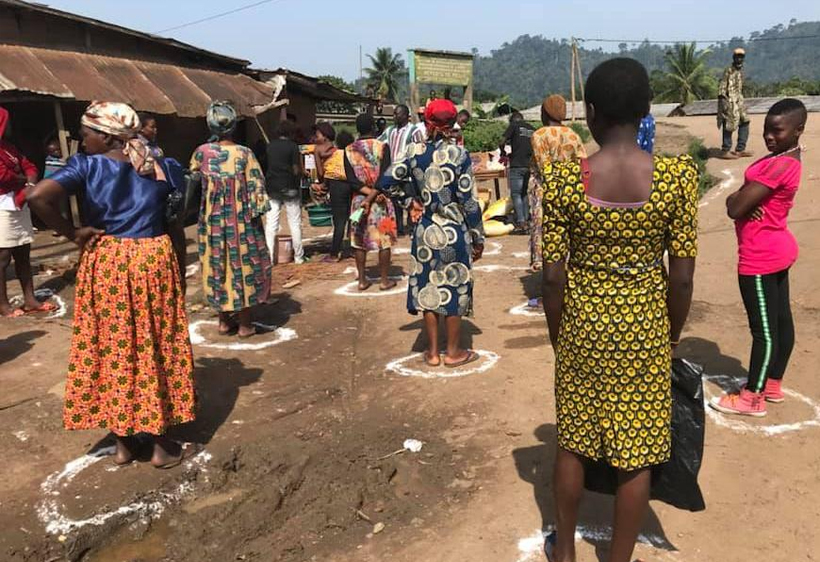The World Health Organisation recommended social distancing to curb the spread of the Coronavirus (COVID-19). Strict lockdown measures monitored by law enforcement agents were imposed in countries including Zimbabwe. The use of law enforcement agents and soldiers suits urban setups that have concentrated and potentially riotous populations. This paper is based on the study of the Biriiri Communal Lands in Chimanimani District, Zimbabwe. In Buriiri community, homesteads are physically distanced. However, existing social networks makes social distancing problematic in this area. People’s livelihoods are connected in many ways as villagers commonly share local resources in order to survive. Even though infection and mortality figures are currently low countrywide, the deadly spread of COVID-19 threatens rural community given its strong social cohesion. A case study design was adopted.
Eight (8) Village Health Workers (VHW) and five (5) village heads were randomly selected and interviewed to shed light on the level of compliance to self-distancing regulations over the lockdown period. The findings revealed that villagers collectively meet to mourn, fetch water, gather firewood and work in community gardens. In the absence of law enforcement agents, local traditional authorities affirmed the capacity to control their subjects whilst ensuring that livelihoods continue to thrive. Noted experiences with Zunde raMambo (chief’s granary scheme), chisi chaMambo (chief’s day of rest) and observance of taboos in rural settings showed that chiefs, headmen and village heads have the capacity to regulate the daily operations of their subjects in rural settings. The paper recommends the adoption of a cultural framework that utilises traditional governance to facilitate social distancing without compromising the livelihoods of people in remote rural settings.

